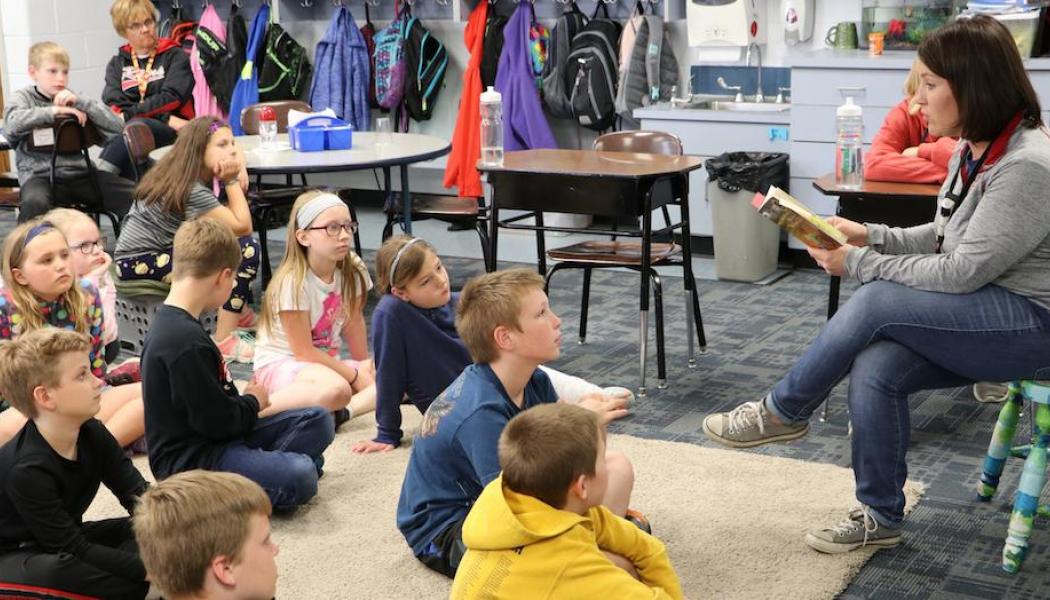Do I Read the Whole Book During a Focus Lesson?

Join Our Community
Access this resource now. Get up to three resources every month for free.
Choose from thousands of articles, lessons, guides, videos, and printables.
The answer to this question depends on the length of the book and the purpose of the lesson. We know that the length of our lessons should equal our students’ age in years. If we teach six-year-olds, we have six minutes for direct instruction, and if we teach nine-year-olds, we have nine minutes. However, this rule applies only through age 10. Students 10 and older can focus on direct instruction for 10 minutes before they need a cognitive, emotional, or kinesthetic shift that allows their brains to process newly learned information.
Adhering to the time limit of the lesson, we then examine the purpose of the lesson. What is the teaching point we need to communicate? After we determine this, we look for a mentor text that is a good match for what we are teaching. We know that you can teach almost any strategy from any book, and that books lend themselves to certain strategies. We select a book and determine how much of the text we will read based on the length of the book, the purpose of the lesson, and the time limit.
This means that no, usually we do not read the whole book during a focus lesson. We are up front with students, telling them we are going to read a few pages, and we give ourselves permission to put the book down once the lesson is complete.
So, when do they get to finish the book? Sometimes the lesson comes from a book we have already read as a whole group, other times we set the book out for those who wish to add it to their book box and finish later, and occasionally we continue where we left off at another time, either for pleasure or during another focus lesson. If you are looking for more ideas for how to make focus lessons brief, Janice Such gives five tips to keep our focus lessons brief.





